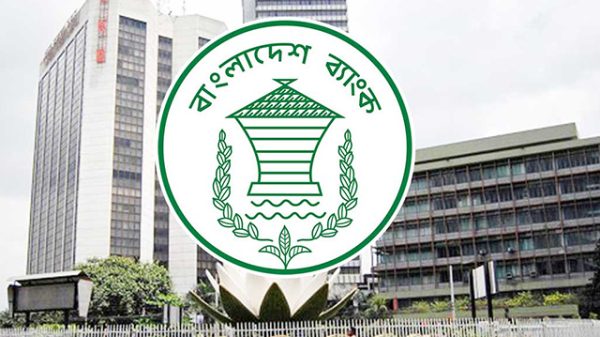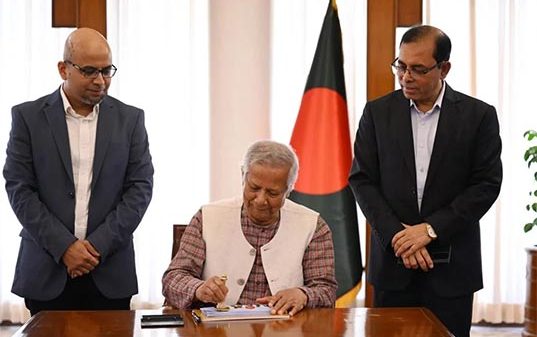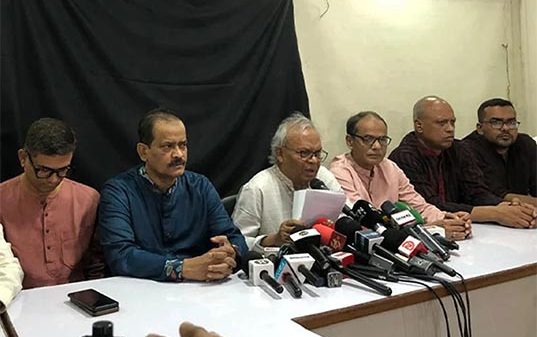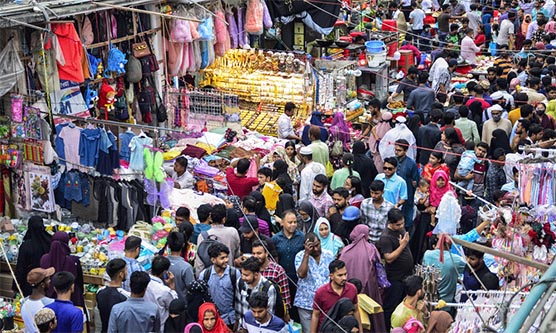BB asks banks to levy minimum LC margin on rice, wheat imports

- Update Time : Wednesday, 14 December, 2022, 04:32 pm
- 193 Time View

The Daily Morning Voice Online Desk: The central bank has asked banks to take a minimum cash advance from importers while opening letters of credit (LCs) for rice and wheat in order to keep their prices at a tolerable level in the domestic market and ensure smooth supply. The advance payment, also known as the cash LC margin, should be kept at the minimum level depending on the bank-client relationship, said the Bangladesh Bank in a notice today. The food crop prices are showing an upward trend owing to the disruption to the global supply chain because of the negative impacts of the Russia-Ukraine war. As a result, the transport cost of global commodities has gone up, affecting the prices in the local market. “So, it is important to keep the prices of rice and wheat at a tolerable level and ensure a smooth supply,” said the BB. The central bank does not set any margin on the import of commodities, and it is usually determined based on the bank-client relationship. Banks can even decide to impose no margins. In July, the BB asked banks to take up to 100 per cent of import payments in advances from businesses while opening LCs for luxury and non-essential items, in an effort to keep the foreign exchange reserves stable. The reserves fell from $39.60 billion in July to $33.92 billion on December 7. On December 10, the central bank directed banks to take a minimum cash advance from importers while opening LCs for a number of essential commodities in order to keep their prices at a tolerable level during Ramadan. The demand for edible oil, gram, lentil, onion, spices and dates usually goes up during Ramadan. As a result, the prices of the items increase. The prices of key items such as edible oil and sugar have already surged in Bangladesh for the higher import costs of the raw materials needed to produce the items, the escalated transport and fuel costs, and the energy shortage, driven mostly by the war.










